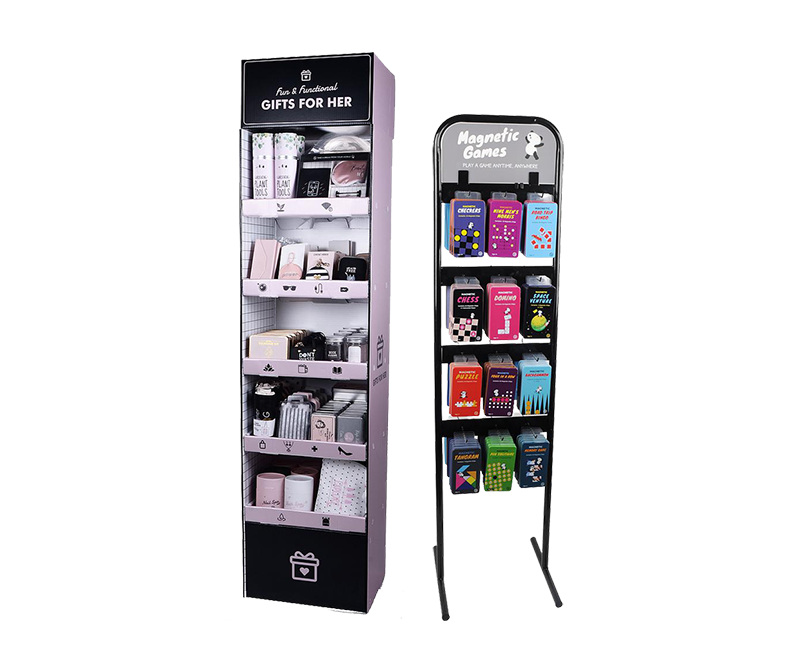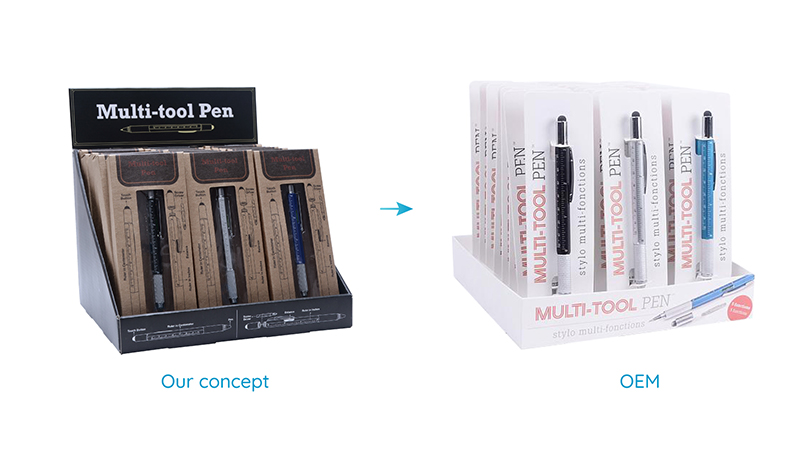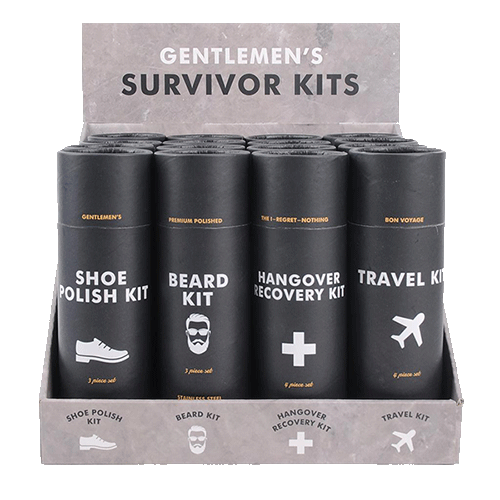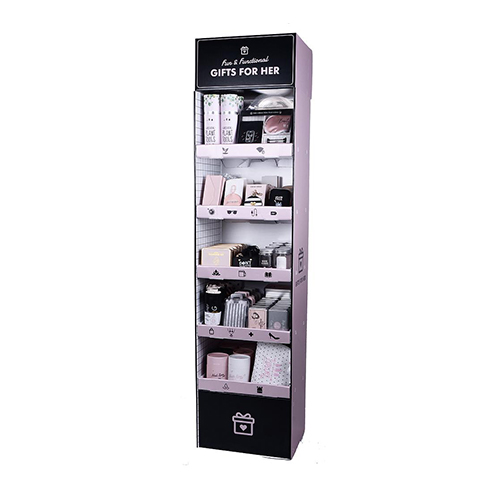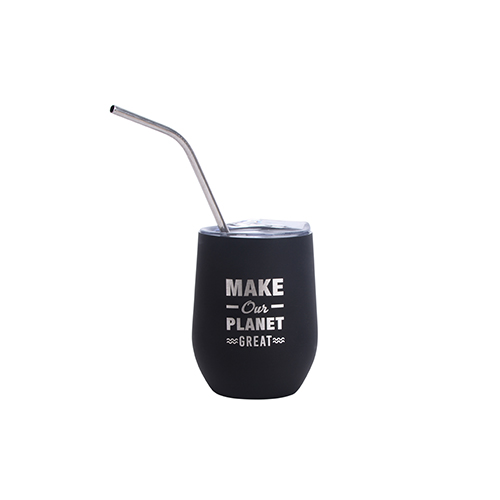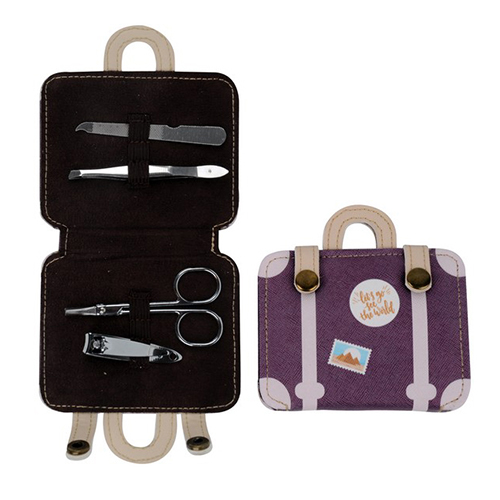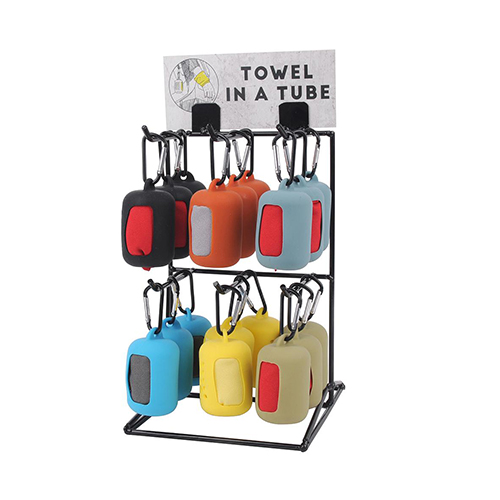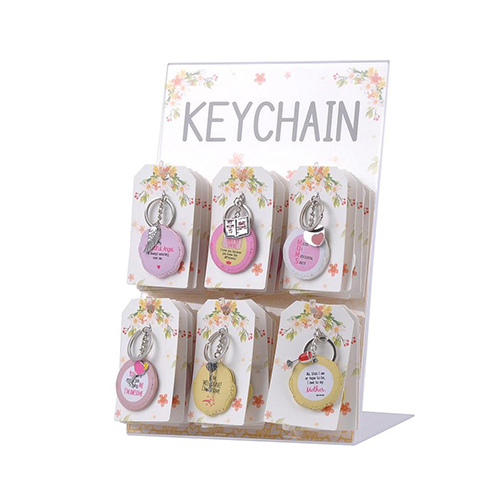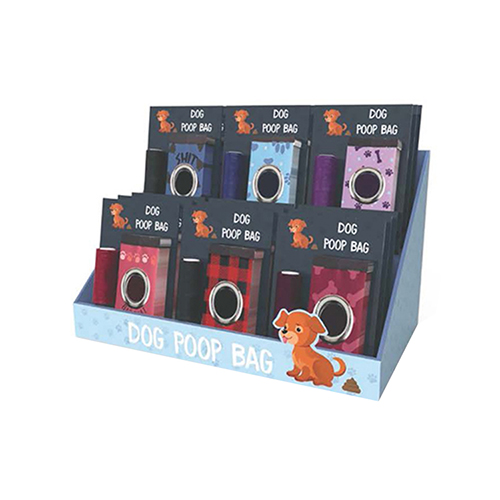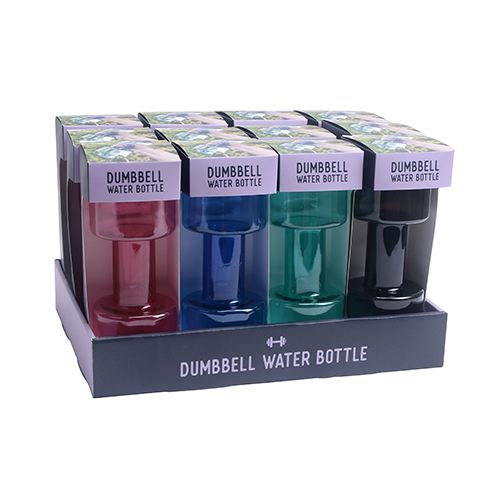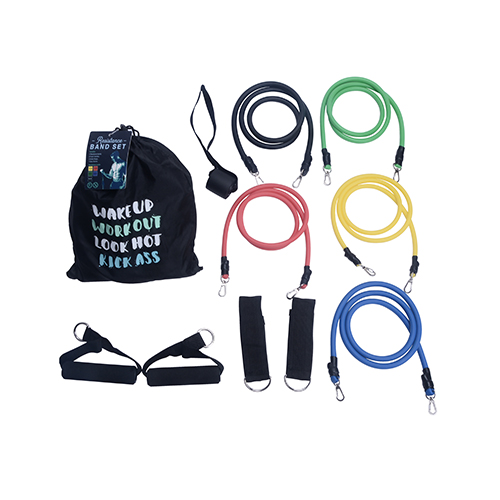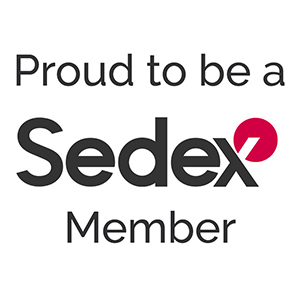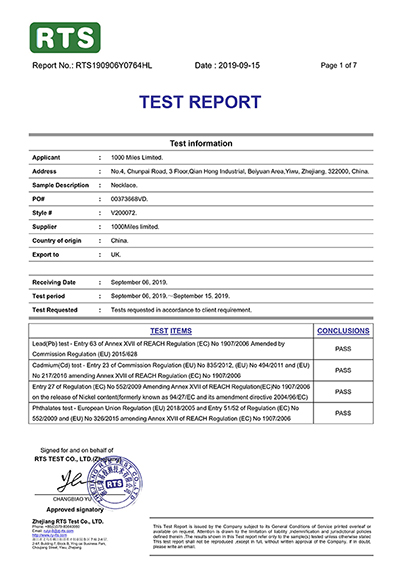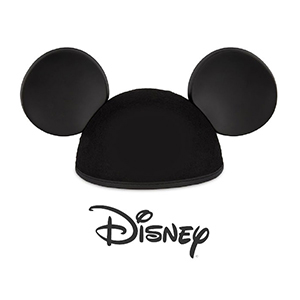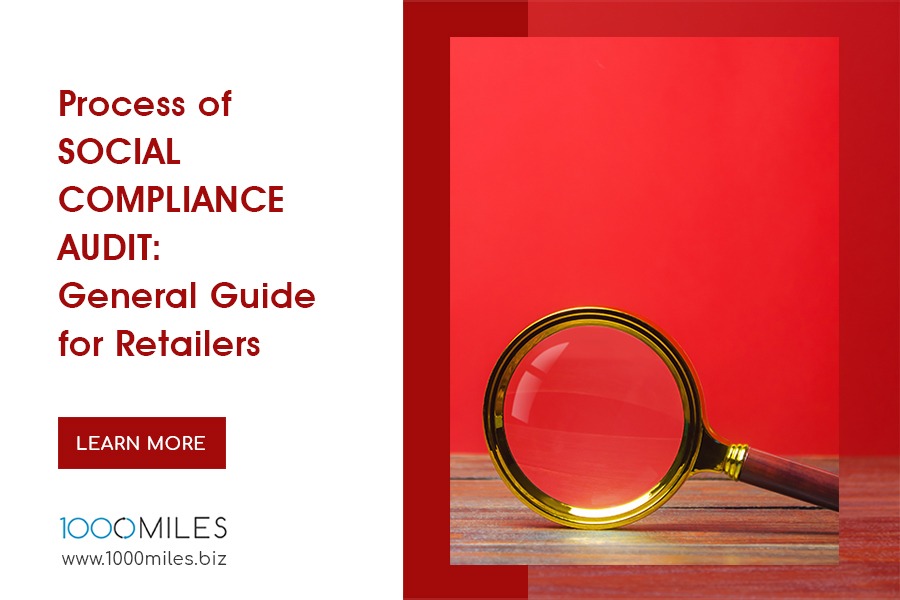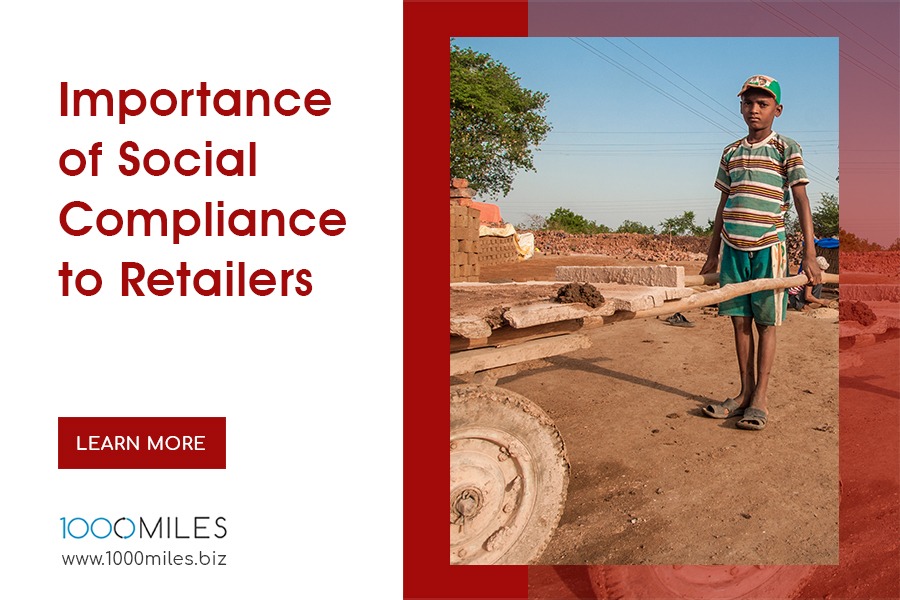


A successful brand with loyal customers can sometimes take few years to establish. But one news headline because of unethical practice can totally destroy your brand overtime.
As a retailer, it is no longer enough that your products are delivered by your suppliers on time and in good quality.
Consumers nowadays are becoming more aware of unethical practices of retailers and their manufacturers around the world. They just don’t look at the price and quality, as they start to care more about compliance of companies where they buy their products.
Because of this knowledge, you probably have felt the pressure to make sure that your products are manufactured ethically.
What is Social Compliance?
Social Compliance means that the company and its supply chain meet the requirements of labor policies, health and safety, and environmental impact.
Social Compliance Audit, sometimes called Social Audit or Ethical Audit is the way of measuring, reporting and improving a company’s social and ethical performance based on a set of standards.
These standards are set by different organizations that are recognized by the retailers worldwide. This includes Sedex, SA8000, BSCI, etc.
Some companies also have their own set of standards, checklist and code of conduct that they enforce to their own suppliers to ensure social responsibility to their supply chain.
These standards may include the following:
- No Forced Labor
- No Child Labor
- Young Worker Policy
- Wages and Benefits
- Working Hours
- Freedom of Association
- Health and Safety Policies
- Environment Management and Policies
- Business Integrity
- Management and Policy Implementation
Noncompliance Can Result to Greater Cost
As a buyer, cost is one of your major buying factors in choosing suppliers.
You are often torn between working with low-cost suppliers but have poor labor practices, or high-cost suppliers but are more socially compliant.
Globally recognized retail giant Walmart made news headlines in 2012 when their brand was associated to the garment factory in Bangladesh that got more than 100 workers died because of fire. Survivors said that fire exit doors were locked and fire extinguishers didn't work.
In 2013, Nestle was audited by Fair Labor Association and was found out to have 21 child workers in its farms. In connection, Nestle faced legal claims, stating that they were engaged in forced child labor to produce their chocolates.
Instead of saving costs, these are some of the many incidents that have forced some companies to spend more money on damage control in an attempt to improve their image and recover their customers.
Social Compliance Can Reduce Legal Problems
Retailers miss to understand that social compliance audits can help to verify if your suppliers follow the requirements that will protect your company from being involved in scandals or tragedies.
For instance, most social compliance frameworks do not allow any use of child labor. Manufacturers who were asked to conduct social compliance audit need to verify the ID information of all its workers and maintain their records.
Following the rules will prevent the manufacturers to be involved in any child labor claims, and will protect your company as well to child labor scandals.
Social Compliance Can Improve Public Image
Retailers and manufacturers take pride in their social compliance practices and use it as a marketing content in their website, promotional materials and even on their product packaging.
After the fire tragedy connected to Walmart, the retail company has improved its framework and added strict safety regulations to avoid the same tragedy.
Strengthening social compliance can also help retailers make their brand bounce back stronger despite previous damaging headlines.
Social Compliance Can Increase Profit Margin
As consumers become increasingly aware about local, national and global issues, it cannot be denied that one factor of their buying decision is influenced by these issues. Because of this, consumers tend to buy more from companies who are socially responsible over certain issues, which in effect increase the companies’ sales.
In today’s digital age, information and news can spread globally in few seconds.
As they say, prevention is better than cure. So before a tragedy arises that will put your business in spotlight, it is best to review your social compliance frameworks and enforce it to your supply chain.
It will help you save lives and keep your business growing in the long run.



